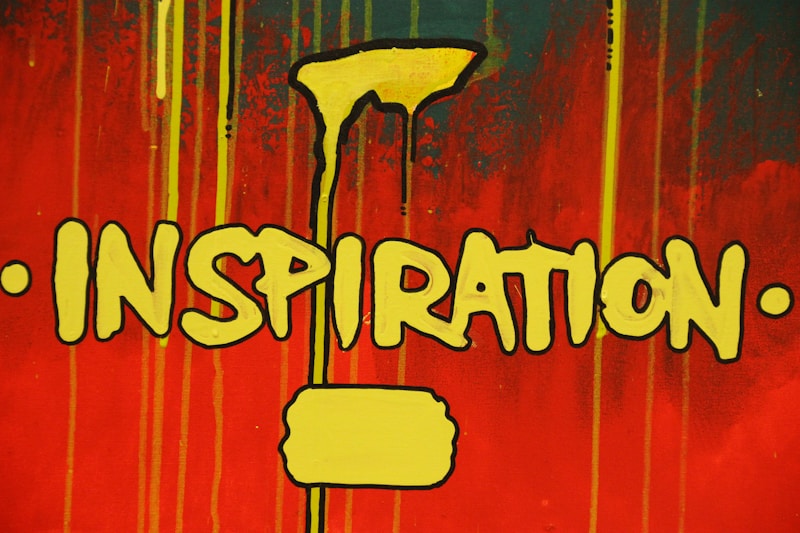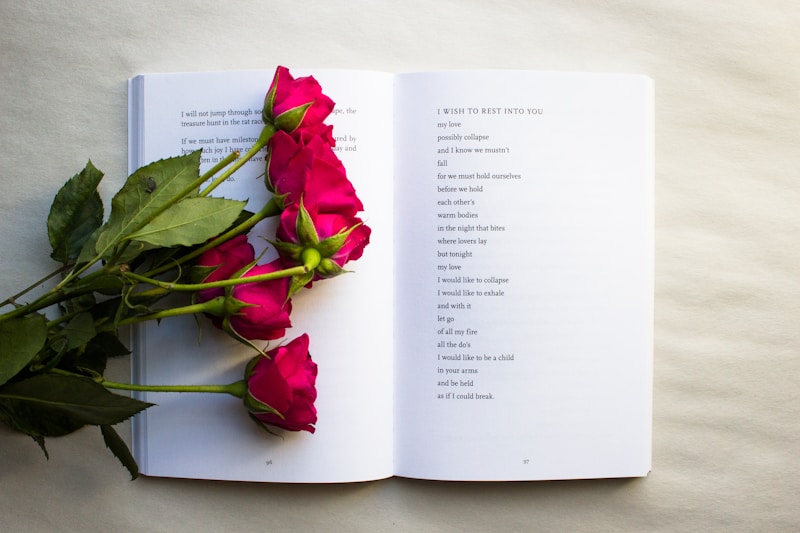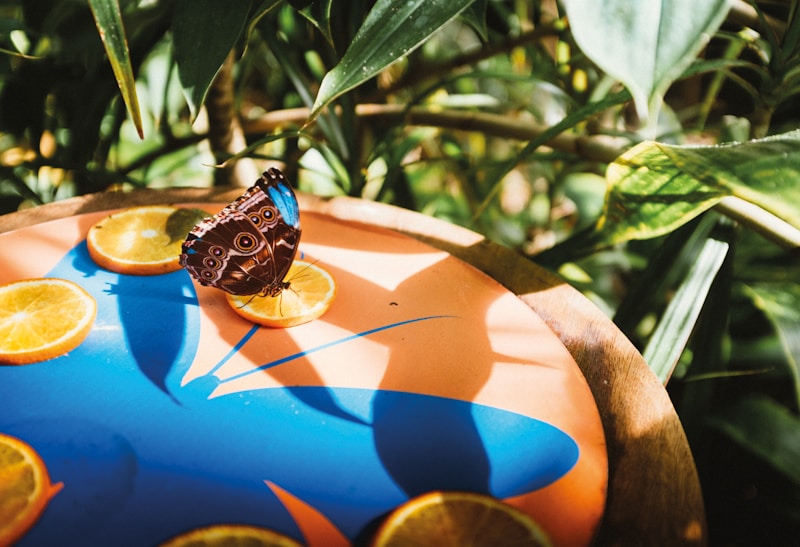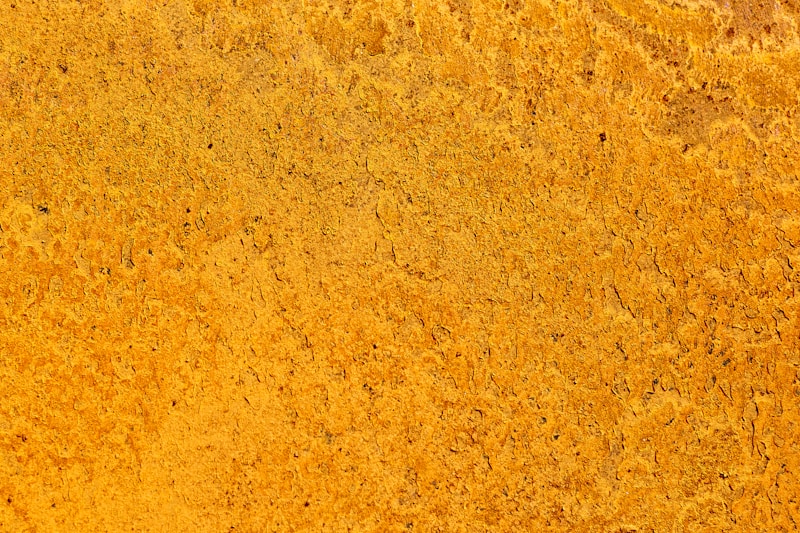9 Questions
What is the main difference between narrative and lyric poetry?
Narrative poetry tells stories of human interest, while lyric poetry portrays the poet's own feelings and perceptions
What is the main characteristic of epic poetry?
It tells the life and works of a heroic or mythological person or group of persons
What is the main purpose of satirical poetry?
To be a powerful vehicle for satire, often written for political purposes
What is the main characteristic of verse fable?
It is a succinct story that features anthropomorphized animals, legendary creatures, plants, inanimate objects, or forces of nature that illustrate a moral lesson
What is the main characteristic of dramatic poetry?
It is drama written in verse to be spoken or sung and appears in varying, sometimes related forms in many cultures
What is the main purpose of speculative poetry?
To deal thematically with subjects that are beyond reality, whether via extrapolation as in science fiction or via weird and horrific themes as in horror fiction
What is the main characteristic of light poetry?
It attempts to be humorous and often features word play, including puns, adventurous rhyme, and heavy alliteration
What is the main characteristic of slam poetry?
It usually occurs before an audience and often features competitive performances
What is the main characteristic of performance poetry?
It may fuse a variety of disciplines in a performance of a text, such as dance, music, and other aspects of performance art
Study Notes
Overview of Poetry as a Form of Literature
-
Poetry is a form of literature that uses aesthetic and rhythmic qualities of language to evoke meanings in addition to, or in place of, a prosaic ostensible meaning.
-
It has a long and varied history, evolving differently across the globe, dating back at least to prehistoric times with hunting poetry in Africa and to panegyric and elegiac court poetry of the empires of the Nile, Niger, and Volta River valleys.
-
Some of the earliest written poetry in Africa occurs among the Pyramid Texts written during the 25th century BCE.
-
Early poems in the Eurasian continent evolved from folk songs, religious hymns, or from a need to retell oral epics.
-
Poetry uses forms and conventions to suggest differential interpretations of words, or to evoke emotive responses.
-
Some poetry types are unique to particular cultures and genres and respond to characteristics of the language in which the poet writes.
-
In an increasingly globalized world, poets often adapt forms, styles, and techniques from diverse cultures and languages.
-
Classical thinkers in the West employed classification as a way to define and assess the quality of poetry.
-
The rejection of traditional forms and structures for poetry that began in the first half of the 20th century coincided with a questioning of the purpose and meaning of traditional definitions of poetry and of distinctions between poetry and prose.
-
Postmodernism goes beyond modernism's emphasis on the creative role of the poet, to emphasize the role of the reader of a text, and to highlight the complex cultural web within which a poem is read.
-
Prosody is the study of the meter, rhythm, and intonation of a poem.
-
In the Western poetic tradition, meters are customarily grouped according to a characteristic metrical foot and the number of feet per line.Exploring the Elements of Poetry
-
Different poetic traditions and genres use different meters, ranging from iambic pentameter to anapestic tetrameter.
-
Metrical patterns can be regular or highly irregular, varying between languages.
-
Rhyme, alliteration, assonance, and consonance are ways of creating repetitive patterns of sound.
-
Rhyme schemes are described using letters that correspond to sets of rhymes.
-
Poetry can be separated into lines and stanzas, which may or may not relate to each other by rhyme or rhythm.
-
Some poems may be organized into verse paragraphs, in which regular rhymes with established rhythms are not used, but the poetic tone is instead established by a collection of rhythms, alliterations, and rhymes established in paragraph form.
-
Visual elements have become an important part of the poet's toolbox, and many poets have sought to use visual presentation for a wide range of purposes.
-
Poetic diction refers to the manner in which language is used and can include rhetorical devices such as simile and metaphor.
-
Allegorical stories are central to the poetic diction of many cultures, and were prominent in the West during classical times, the late Middle Ages, and the Renaissance.
-
A poem may contain symbols or allusions that deepen the meaning or effect of its words without constructing a full allegory.
-
Vivid imagery can be used in poetry to create an effect, such as the juxtaposition of unexpected or impossible images.
-
Poetry remains, in all its styles, distinguished from prose by form.Overview of Common Forms of Poetry
-
Poetry often uses vivid imagery and symbolism to convey meaning.
-
Specific poetic forms have been developed by many cultures, with varying rules and structures.
-
The sonnet is a popular form of poetry, with a set rhyme scheme and logical structure.
-
Shi is the main type of Classical Chinese poetry, with variations including folk song, old style, and modern style.
-
The villanelle is a nineteen-line poem with two refrains and an a-b alternating rhyme.
-
Limericks are humorous poems with five lines, a specific syllable count, and rhyming patterns.
-
Tanka is a form of unrhymed Japanese poetry with five sections and a 5-7-5-7-7 pattern.
-
Haiku is a popular form of unrhymed Japanese poetry with three sections and a 5-7-5 pattern.
-
The khlong is an old Thai poetic form with a specific number of lines and syllable patterns.
-
Odes have three parts: a strophe, an antistrophe, and an epode, and often deal with serious subjects.
-
The ghazal is a form of poetry common in Arabic, Bengali, Persian, and Urdu, often focusing on themes of unattainable love or divinity.Overview of Poetry Genres
-
Poetry is classified into different genres based on subject matter, style, or broader literary characteristics.
-
Narrative poetry is the oldest type of poetry, often based on oral traditions, and tells stories of human interest.
-
Lyric poetry is of a more personal nature and portrays the poet's own feelings, states of mind, and perceptions.
-
Epic poetry is a major form of narrative literature and tells the life and works of a heroic or mythological person or group of persons.
-
Satirical poetry can be a powerful vehicle for satire, often written for political purposes.
-
Elegy is a mournful, melancholy or plaintive poem, especially a lament for the dead or a funeral song.
-
Verse fable is a succinct story that features anthropomorphized animals, legendary creatures, plants, inanimate objects, or forces of nature that illustrate a moral lesson.
-
Dramatic poetry is drama written in verse to be spoken or sung and appears in varying, sometimes related forms in many cultures.
-
Speculative poetry deals thematically with subjects that are "beyond reality," whether via extrapolation as in science fiction or via weird and horrific themes as in horror fiction.
-
Prose poetry is a hybrid genre that shows attributes of both prose and poetry.
-
Light poetry attempts to be humorous and often features word play, including puns, adventurous rhyme, and heavy alliteration.
-
Slam poetry is a genre of poetry that usually occurs before an audience and often features competitive performances.
-
Performance poetry is a genre of poetry that may fuse a variety of disciplines in a performance of a text, such as dance, music, and other aspects of performance art.
-
Language happenings are events that focus on poetry as a descriptive linguistic act and performance, often incorporating broader forms of performance art while poetry is read or created in that moment.
Test your knowledge of poetry with this quiz! From the history of poetry to its various forms and genres, this quiz covers it all. Explore the elements of poetry, learn about common forms of poetry, and discover the different genres of poetry. With questions ranging from meter and rhyme to narrative and performance poetry, this quiz will challenge your understanding of this beautiful form of literature. So, whether you're a poet or just a poetry enthusiast, take this quiz and put your knowledge to the test!
Make Your Own Quizzes and Flashcards
Convert your notes into interactive study material.




